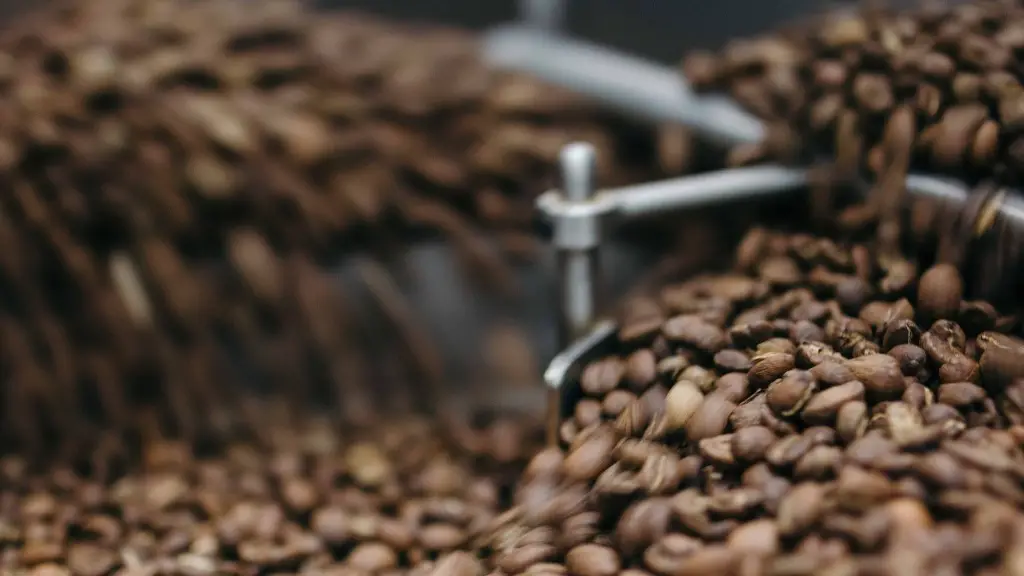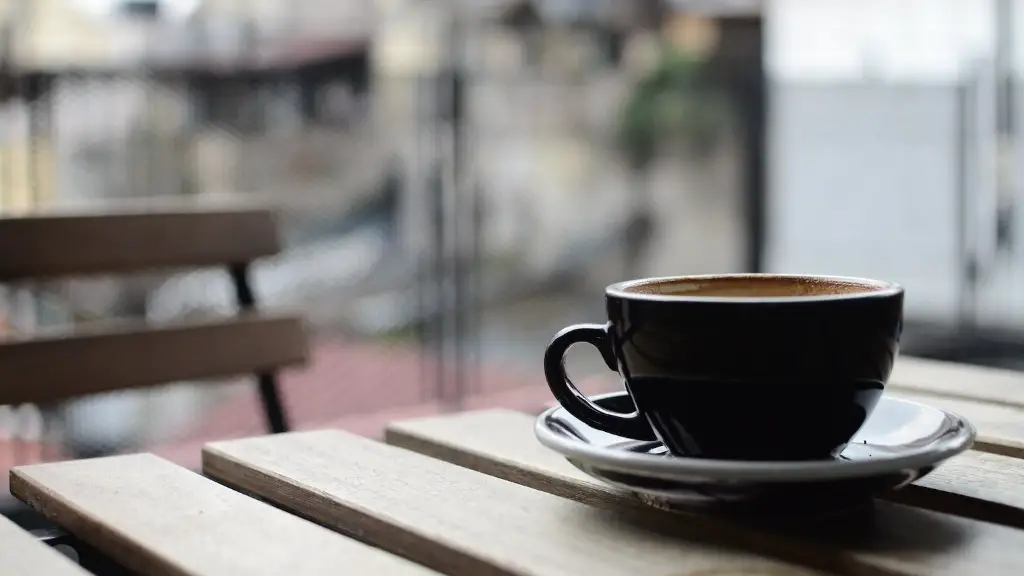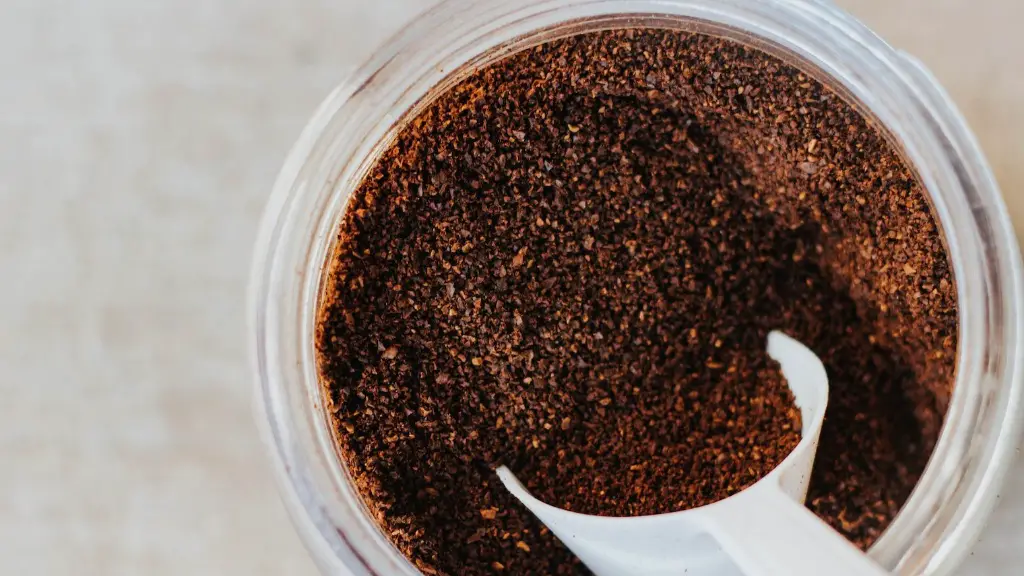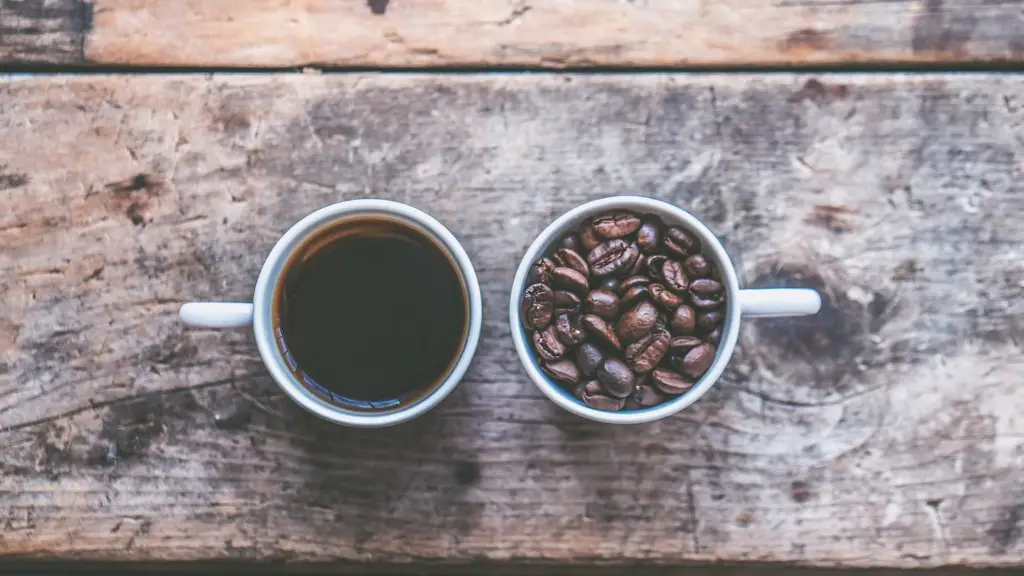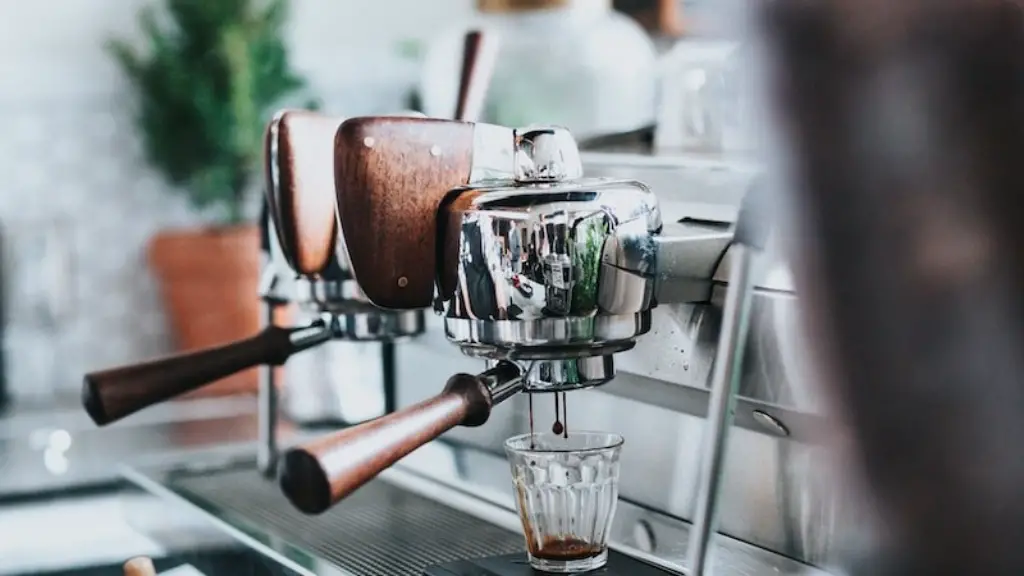One of the most immense conundrums of modern life is this; should one or should one not drink coffee late at night? In a world that never seems to wind down for respite, opinions about this subject are all over the board. In order to comprehend this debate, one must evaluate factors that lead to an informed decision.
It is understood that caffeine, which is the active compound in coffee, is a stimulant. Meaning that it causes vigilance, alertness, and focus; all of which help the consumer reach optimal performance. In actuality, due to the half-life of caffeine, drinking coffee at night can provide a slight burst of energy that can keep us alert a little longer than when we started. Additionally, caffeine keeps the body “awake” by blocking the receptors that react to adenosine, a neurotransmitter that induces sleep.
Another point worth considering is quality sleep. It is common knowledge that caffeine should be avoided a few hours before going to bed because as a stimulant, it acts like an energy booster for the body. However, for coffee-lovers, this means giving up their beloved coffee for a few hours. Due to this dilemma, millions of people struggle to find the balance between their coffee love and the need for quality sleep.
If the decision to drink coffee is made to enjoy peaceful moments at night, then moderation is the key. This can be accomplished by drinking coffee earlier in the day, allowing time for it to clear the system. Moreover, by understanding the effects and implications of caffeine, one can keep track of the total amount of caffeine consumed during the day and adjust accordingly.
In search of evidence to support the notion that a cup of coffee at night is harmless, studies have shown that it might not be as bad as society claims. The most prominent of these conclusions came from a recent study in Taiwan, published in the Journal of Sleep Research, which showed that consuming one to two cups of caffeine in the afternoon or evening has no impact on sleeping habits.
It is visible in the media that coffee has become a staple in people’s lives; because of this, it is a relatively accepted practice. People often take coffee breaks with friends as a way to build relationships, create memories, and enjoy stimulating conversation. Moreover, for some coffee-drinkers, their coffee intake acts as part of their nightly routine. Through the stimulation of this practice, it creates an evening ritual that encourages relaxation, de-stressing, and remembrance.
All in all, the debate about drinking coffee at night is an unabashedly opinionated subject with passionate proponents on both sides. Along with everything mentioned above, the decision should be enlightened by one’s own preferences, knowledge, and background.
What Health Effects Can Drinking Coffee At Night Have?
When making the decision to drink coffee late at night, many people take into consideration how it may affect their health. It is well known that coffee can increase your energy levels, boost your alertness, and help you stay awake. But there is also some evidence to suggest that drinking coffee late at night can have a negative impact on your health.
One such effect of drinking coffee late at night is that it can disrupt your sleep cycle. Caffeine is a stimulant, which can cause an increase in heart rate and body temperature. This can in turn make it harder for the body to fall asleep and can leave you feeling jittery the next day. Another impact of drinking coffee late at night is that it can lead to dehydration. Caffeine is a diuretic, meaning that it causes your body to expel fluid in the form of urine. This can ultimately lead to dehydration.
Other potential health issues that have been linked to drinking coffee late at night include headaches, difficulty concentrating, irritability, and increased anxiety. While each of these health effects is common among people who drink coffee late at night, it is important to keep in mind that these effects are not universal and may not apply to everyone who chooses to indulge in a late night cup of Joe.
Overall, drinking coffee late at night can carry certain health risks, but it is important to understand that the risks may vary from person to person. As always, it is important to be aware of your own bodily reactions to caffeine and to take any necessary precautions to avoid potential health issues.
How Does Drinking Coffee Late At Night Affect Mental Health?
The consumption of coffee late at night can have both short-term and long-term effects on our mental health. This is because, while the caffeine content in coffee can increase our alertness, focus, and energy in the short-term, drinking coffee late at night can impair our mental health in the long run.
Studies have found that people who drink coffee late at night usually have poorer quality of sleep than people who do not. Poor quality of sleep can lead to a variety of mental health issues such as fatigue, irritability, low mood, and difficulty concentrating. Additionally, poor quality sleep can lead to a weakened immune system and an increased risk of illness.
Furthermore, habitual late night coffee consumption can also lead to increased levels of stress, which can have negative impacts on both short-term and long-term mental health. Moreover, stress can also increase feelings of anxiety and depression which can have a lasting impact on your mental health.
Lastly, drinking coffee late at night can also disrupt biological rhythms and disrupt natural hormones. This can lead to an imbalance in hormones, which can further impair mental health.
Overall, the implications of drinking coffee late at night on mental health can be both short-term and long-term in nature. It is important to be mindful of how your body responds to caffeine and to take into consideration the potential negative effects of drinking coffee late at night.
What Are The Alternatives To Drinking Coffee Late At Night?
If you are looking to avoid the late-night caffeine jolt of coffee, there are a variety of alternatives to consider. One of the most popular is herbal tea, which usually contains a small amount of caffeine but still provides a relaxing effect. Caffeine-free alternatives such as decaffeinated coffee, herbal teas with refreshing flavours, and chamomile tea can also provide a pleasant night-time beverage.
Additionally, warm milk is another sleep-promoting beverage that can provide a feeling of relaxation. Other sleep-promoting drinks include kombucha, which is a fermented tea that contains probiotics and is often served hot, and coconut water.
Besides warm beverages, there are other non-caffeinated alternatives to stimulate relaxation before sleep. Taking a hot bath with some relaxing essential oils such as lavender or rosemary can help promote relaxation. Additionally, yoga and meditation are also great practices to help clear your mind and let stress and tension melt away.
Lastly, reading is a popular way to unwind before bed. Many people enjoy reading a classic novel or a favourite book for a few minutes before bed, which can help the brain to relax and encourages a calm state.
In conclusion, there are a variety of alternatives to drinking coffee late at night. These alternatives can help reduce the risk of health issues related to consuming caffeine late at night and can also promote relaxation and well-being.
How Does The Social Acceptance Of Drinking Coffee Late At Night Impact Society?
The social acceptance of drinking coffee late at night has created a shift in how people view coffee consumption. For many, having coffee at night is no longer a taboo and is instead viewed as a way to wind down after a long day at work or to socialize with friends. Moreover, the trend towards late-night coffee consumption is being accepted by a more diverse range of ages.
According to a 2018 survey, nearly 40 percent of adults aged 18-34 admitted to drinking two or more cups of coffee late at night, a figure that is up from 25 percent in 2010. This suggests that an increasing number of young adults are beginning to see late-night coffee consumption as an accepted part of their social lives.
With the increased acceptance of late-night coffee consumption, some local businesses have started to offer late-night coffee services that cater to this trend. In addition, some cafes have chosen to extend their hours, providing a space for people to socialize and have coffee after nightfall.
Not only does the increasing acceptance of late-night coffee consumption benefit those who enjoy a cup of Joe after dark, but it can also benefit the economy. Studies have shown that when people stay up later and have the opportunity to consume coffee late at night, they are more likely to spend money in their local area, which can help create jobs and boost the local economy.
In short, the social acceptance of late-night coffee consumption has brought about a shift in attitudes towards coffee consumption and has the potential to positively impact the economy. With this increasing acceptance of late-night coffee consumption, more people are embracing their own routine for relaxation and recreation.
Should You Drink Coffee Late At Night?
The decision to drink coffee late at night is a highly personal one, and ultimately depends on the individual’s preferences and medical history. While drinking coffee late at night may provide a temporary boost of energy, there are also potential health effects that can arise from caffeine consumption. Therefore, it is important to weigh the pros and cons of drinking coffee late at night before making a decision.
If you are looking to enjoy late night cups of coffee without the associated health risks, it is important to consider the amount and type of caffeine you consume. For example, supplementing your late night coffee with decaffeinated options such as herbal tea can help you enjoy a stimulating beverage without the potential health risks.
Finally, if you are considering having a cup of coffee late at night, it is important to be aware of the potential effect this may have on your sleep. For many people, drinking coffee late at night can result in poorer quality of sleep, which can have negative short-term and long-term impacts on mental and physical health. Therefore, it is important to consider the potential effects on your health before consuming coffee late at night.
